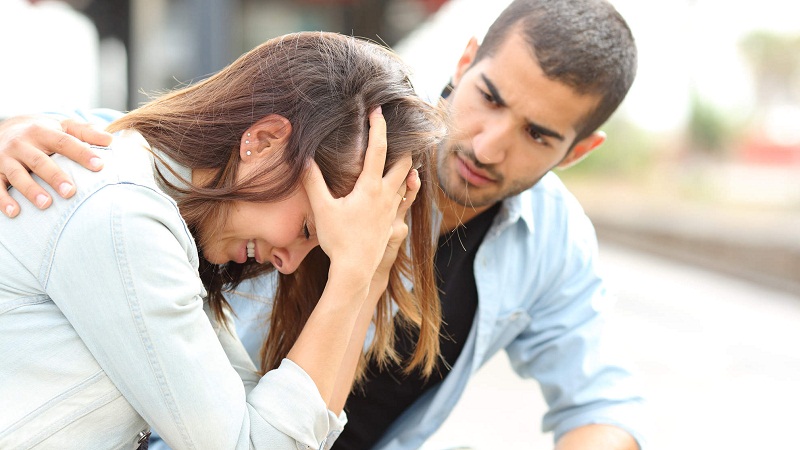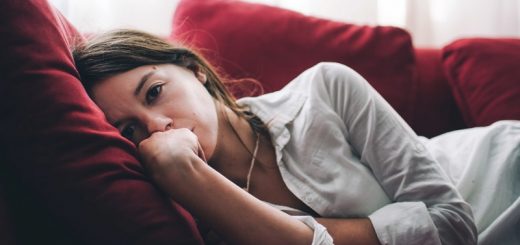10 Things You Can Do To Relieve Anxiety
Are you struggling with anxiety? If so, it’s safe to say you’re not alone. According to the Anxiety and Depression Association of America, anxiety disorders are one of the most common mental illnesses in the U.S., yet there’s no one-size-fits-all approach to managing anxiety. But in this guide, you’ll discover several strategies that may help you.
1: Get moving.
Exercise is a great way to reduce anxiety. It releases endorphins, which have mood-boosting effects, and it also helps to burn off excess energy, which can help to calm the mind. So try to get moving for at least 30 minutes each day.
2: Connect with others.
Anxiety can make you feel isolated and alone, but it’s important to remember that you’re not. When you feel lonely, reach out to your friends and family. Talk to them about your anxiety, and ask for their support. Often, simply having someone to talk to can make a big difference.
3: Practice stress-relieving techniques.
There are a number of different stress-relieving techniques you can try, such as deep breathing exercises, yoga, or meditation. Experiment with different techniques until you find one that works best for you, and make sure to practice it regularly.
4: Take breaks.
When you’re feeling overwhelmed or stressed, it’s important to take breaks. Get up and move around, take a walk outside, or simply relax for a few minutes. This will help to refresh your mind and body, as well as give you a chance to regroup.
5: Identify your triggers.
Triggers are things that tend to make your anxiety worse. They can be anything from certain people or places to stressful situations. Once you’ve identified your triggers, work on avoiding them or preparing for them ahead of time.
6: Avoid caffeine and alcohol.
Caffeine and alcohol are both stimulants, and they can make anxiety worse. So if you’re struggling with anxiety, it’s best to avoid them.
7: Avoid nicotine.
Like caffeine and alcohol, nicotine is a stimulant and can worsen anxiety symptoms. So if you’re trying to quit smoking, it’s best to do so before tackling your anxiety.
8: Eat healthy foods.
Eating healthy foods is important for both your physical and mental health. When you’re anxious, it’s easy to turn to unhealthy foods for comfort, but this only makes things worse in the long run. So try to eat a balanced diet full of whole grains, fruits, and vegetables.
9: Get enough sleep.
It’s important to get enough sleep when you’re struggling with anxiety. When you’re tired, it’s harder to cope with stress and anxiety. So aim to get at least eight hours of sleep each night.
10: Seek professional help.
If your anxiety is severe or you’ve been struggling with it for a long time, it’s worth considering seeking professional help. A therapist can provide you with guidance and support, and they may also suggest medication if needed. And if you’re interested in Neurofeedback Denver is a great place to find this unique treatment.
Anxiety can be a challenging condition to manage, but with these tips, you’ll be on your way to finding relief.








